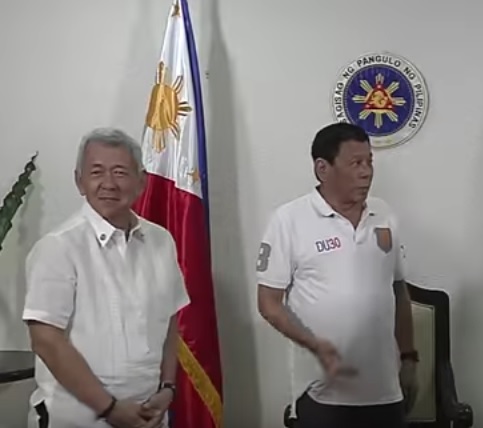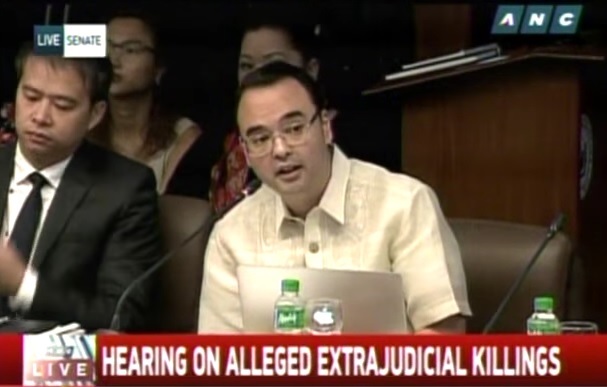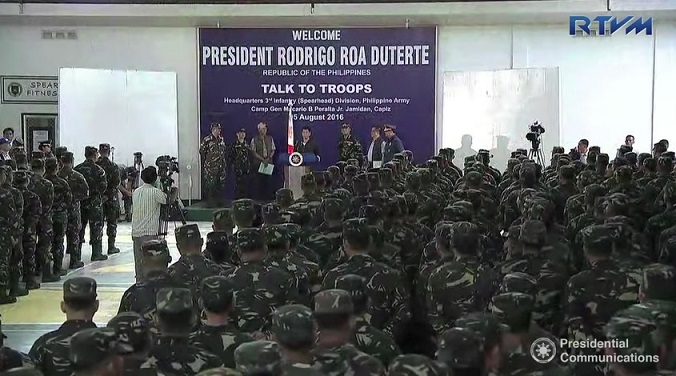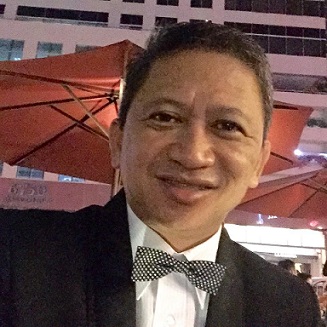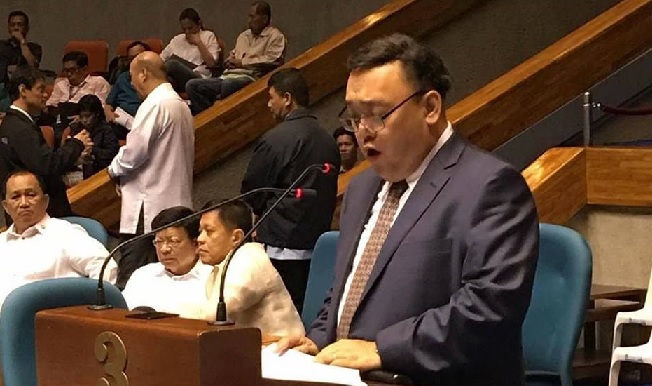* Inilathala ng Free Legal Assistance Group (FLAG)
* Isinalin sa Filipino ng Philippine Center for Investigative Journalism (PCIJ)

KUNG ANG PANIWALA MO AY HUHULIHIN KA O ISA-SALVAGE
IF YOU BELIEVE THAT YOU WILL BE ARRESTED OR SALVAGED
Gawin ang mga sumusunod na hakbang pag-iingat:
* Huwag lumabas ng bahay na nag-iisa. Ang mga kaso ng disappearance at salvaging o extrajudicial killing ay dumarami kapag walang witness na pwedeng tumestigo ukol sa paghuli sa mga biktima.
* Iwasan ang mga kugar kung saan walang nakakakilala sa iyo.
* Huwag manatiling nag-iisa sa bahay o saan mang lugar.
* Sabihan ang iyong pamilya at mga kaibigan na may posibilidad na ikaw ay ma-aresto at kung ano ang dapat nilang gawin sakaling mangyari ito. Sabihan sila kung sino ang dapat hingan ng tulong, paano sila ma-kontak, at kung saan-saan ka dapat hanapin.

* Bago lumabas ng bahay, sabihan ang iyong pamilya ang mga kaibigan kung saan ka pupunta, kanino ka makikipagkita, gaano katagal kang mawawala, at kung ano ang dapat nilang gawin sakaling hindi ka makabalik sa oras, o hindi makarating sa iyong destinasyon o appointment. Kung may cell phone ka, mag-text sa mga kaibigan at pamilya para malaman nilang nakarating ka na sa iyong detsinasyon at allis muli sa susnod na apppintment.
* Kapag lumalabas ng bahay, palagiang magdala ng sapat nd identification cards, at iwasang magbiibit ng anumang delikadong bagay na maaring ituring na incriminating.
* Sakaling ikaw ay arestuhin, tiyakin na alam ng mga tao sa paligid na ikaw ay inaaresto at kung sino-sino ang umaaresto sa iyo. Kung kakailangan, sumigaw o gumwa ng eksena upang maakit angpansin ng mga tao sa paligid na ikaw ay inaaresto. Kung may cellphone ka, tumawag o mag-text sa iyong pamilya, mga kaibigan, at abogado upang malaman nila na ikaw ay inaaresto.

* Ang nga kaso ng disappearance o salvaging ay maaring mabawasan kung masasamahan o masusundan ka ng iyong pamilya, mga kaibigan, at mga tao sa paligid matapos na ikaw ay maaresto. Sa ganitong paraan, malalaman ng mga pulis na marami ang may alam na ikaw ay nahuli at mahalaga sa kanila ang iyong kaligtasan. Agad-agad, sabihan ang iyong abogado o isang respetadong miyembro sa lokalidad (pari, guro, doktor, civic leader) kung ano ang nagyari, at hilingin na mabilisang dumalaw sila sa iyo.
* Habang nakakulong na, dapat na bisitahin ka agad-agad ng iyong pamilya at mga kaibigan at padalhan ng mga gamit (pagkain, babasahin, gamot, damit, atbp) sa mga araw na bawal silang bumisita, Huwag pumayag na mailabas ka ng detention center nang walang kasamang abogado o miyembro ng pamilya mo.

* Kahit na may matibay kang impormasyon na huhulihin o isa-salvage ka na, hindi dapat magtago. Mas mainam na papuntahin ang iyong abugado o iba pang responsableng kinatawan upang magtanong kung meron ngang warrant of arrest para sa iyo, at upang humiling ng appointment na maiharap ka ng personal sa mga otoridad, nang may sapat na garantiya sa iyong kaligtasan.
Samantala, ihanda ang sarili — aralin nang lubos ang iyong mga karapatan, alamin kung ano ang dapat mong gawin sakaling ikaw ay mahuli, at siguruhing ikaw ay ligtas at protektado ang iyong mga karapatan.
IF YOU BELIEVE THAT YOU WILL BE ARRESTED OR SALVAGED
Take the following precautions:
* Do not go out alone. The risk of enforced disappearance and extrajudicial execution or “salvaging” increases if no one witnesses or is willing to testify to the arrest of the person who disappeared or was salvaged.
* Avoid going to places where no one knows you.
* Do not stay at home or elsewhere alone.
* Tell your family or friends of the possibility of your being arrested, and what to do in case you are arrested. Tell them specifically who to run to for help, how to get in touch with them, and where to search for you.
* Before going out, tell your family or friends where you are going, whom you will see, why, how long you expect to be out, and what to do if you fail to return on time, or fail to reach your destination or keep your appointment. If you own a cell phone, send a text message to your friends or family informing them that you have reached your destination and are proceeding to your next appointment.
* When you go out, always carry adequate identification, and avoid carrying anything that could be construed as incriminating.
* In case you are being arrested, see to it that people know that you are being arrested and by whom. If necessary, shout or make a scene to attract attention to your arrest. If you own a cell phone, call or send a text message to your family, friends, and lawyers to inform them that you are being arrested.
* Disappearances and salvaging can be prevented or minimized if your family, friends or even bystanders will accompany or follow you and your arresting officers to learn where you are being taken and to show concern over your safety. As soon as possible, they should notify a lawyer or respected member of the community (a priest, teacher, doctor, or civic leader) who, in turn, should try to visit you immediately.
* During detention, your family and friends should visit you as often as possible, and send things to you (food, magazine, medicines, clothes, etc.) on days they cannot or are not allowed to visit. Never agree to be taken out of jail or the detention center by anyone unless accompanied by your lawyer or a member of your family.
* Even if you have reliable information that there is a plan to arrest or salvage you, it is not advisable to go into hiding. Instead, request your lawyer or other responsible person to inquire if there is a warrant for your arrest, and if there is, to arrange for you to present yourself to the proper authorities under adequate guarantee for your safety. Meanwhile, prepare yourself by reviewing your rights and deciding what you will do if you are arrested, to protect your safety and enforce your rights.






